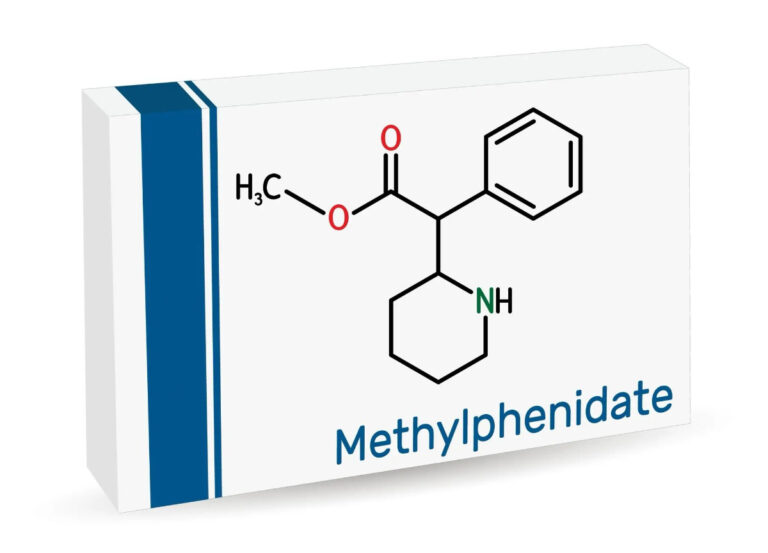Modafinil and Procrastination: Can It Help?
Procrastination is a common struggle, affecting people across professions and pursuits. Whether it’s delaying everyday tasks, creative projects, or work responsibilities, procrastination hinders productivity and adds unnecessary stress. While solutions like time management tools and productivity apps can help, they don’t work for everyone. As a result, some are turning to nootropics like modafinil to tackle procrastination head-on. Known for improving focus and cognitive performance, modafinil is often hailed as a game-changer—but does it really make a difference? Exploring the link between modafinil and procrastination reveals whether this nootropic can truly help break the cycle of delay.
Understanding Procrastination and Its Roots
Procrastination is more than simply putting things off. It is often a complex psychological response tied to fear of failure, lack of energy, or feelings of being overwhelmed. For some, procrastination stems from mental blocks or resistance to tasks that seem too difficult or tedious. These challenges are particularly prevalent among freelancers, entrepreneurs, and others working in unstructured environments where deadlines are self-imposed.
Common strategies to address procrastination include breaking tasks into smaller steps, rewarding progress, or tackling the most challenging task first. While these methods work for some, they often demand discipline and sustained effort, making them hard to maintain for those prone to procrastination. This is where modafinil’s appeal lies—it offers the potential to bypass mental resistance and jumpstart productivity with less effort.
What Is Modafinil?
Modafinil is a wakefulness-promoting drug primarily prescribed to treat narcolepsy, obstructive sleep apnea, and shift-work sleep disorder. Classified as a eugeroic, it enhances alertness and cognitive function without the jittery effects commonly associated with stimulants like caffeine. By increasing dopamine and norepinephrine levels in the brain, modafinil improves focus and mental clarity.
Though developed for medical conditions, modafinil has gained traction as an off-label nootropic. Students, academics, and professionals use it to extend focus, boost motivation, and tackle large workloads. Its ability to help users remain productive over long periods has made it an appealing option for those struggling with procrastination.
How Modafinil Impacts Procrastination
Modafinil addresses procrastination by targeting the underlying barriers to productivity—lack of focus, energy, and mental clarity. Users frequently report that it eliminates the “mental blocks” that make starting tasks feel daunting. Tasks that once felt overwhelming, such as editing a manuscript, organizing finances, or responding to emails, can suddenly seem manageable and even engaging.
Unlike caffeine, which primarily stimulates energy, modafinil promotes sustained concentration. This makes it particularly effective for monotonous or detail-oriented tasks that typically trigger procrastination. For instance, one user described how modafinil enabled them to complete 12 hours of uninterrupted work on previously neglected projects, doubling their usual productivity.
However, modafinil is not a guaranteed solution. Its effectiveness depends largely on the user’s intentions and environment. Many users note that modafinil amplifies whatever activity they’re engaged in when it takes effect. Without a clear plan, it’s easy to become hyper-focused on distractions like social media or television. As one user aptly stated, “You have to steer the ship.”
Real-Life Experiences: Insights from Users
First-hand accounts provide valuable perspectives on modafinil’s impact on procrastination. On platforms like Reddit, users share both successes and limitations associated with the drug.
A common theme is the importance of preparation. Many recommend outlining tasks or starting work before modafinil kicks in to direct its effects toward productive activities. Others suggest using tools like app blockers to minimize distractions during work sessions.
One user shared how modafinil helped them revive a long-neglected online business. Despite initial scepticism, the drug provided the focus needed to tackle the backlog of tasks. However, another user emphasized that modafinil is not a cure-all, especially for procrastination rooted in deeper issues like depression or burnout. In such cases, pairing the drug with lifestyle changes, therapy, or other interventions may be necessary for meaningful progress.
Limitations and Risks of Modafinil
While modafinil has clear benefits, it also comes with limitations. Common side effects include insomnia, dehydration, headaches, and anxiety, which can hinder productivity if not managed effectively. Additionally, modafinil may not be suitable for everyone, particularly those with pre-existing health conditions or individuals taking certain medications.
Emotional reliance is another potential risk. Though not physically addictive, some users develop a psychological dependence on modafinil to maintain productivity. Experts recommend using the drug sparingly and as part of a broader strategy to address procrastination.
Combining Modafinil with Proven Productivity Strategies
To maximize the benefits of modafinil, it’s essential to pair it with effective productivity techniques. Here are some practical strategies:
- Set clear goals: Create a detailed to-do list or action plan before taking modafinil. This ensures your focus is directed toward meaningful tasks.
- Eliminate distractions: Use productivity apps or browser extensions to block access to social media, YouTube, or other time-wasting platforms during work hours.
- Start with momentum: Begin working on a task before modafinil takes effect to establish a productive rhythm.
- Maintain healthy habits: Proper nutrition, hydration, exercise, and sleep can enhance the drug’s effectiveness and support overall well-being.
These strategies help create a structured, intentional approach to productivity, allowing users to harness modafinil’s full potential while mitigating its risks.
Conclusion
Modafinil offers a promising solution for individuals struggling with procrastination, particularly when conventional strategies fall short. By enhancing focus, reducing mental resistance, and sustaining energy levels, it enables users to tackle even the most daunting tasks. However, it’s not a one-size-fits-all remedy. Its effectiveness depends on thoughtful use, preparation, and a commitment to addressing the root causes of procrastination.
Ultimately, modafinil is best viewed as a tool rather than a crutch. When combined with sound productivity strategies and healthy lifestyle choices, it can provide the boost needed to break through procrastination and achieve meaningful progress. For those considering modafinil, consultation with a healthcare professional is essential to ensure safe and informed use.








